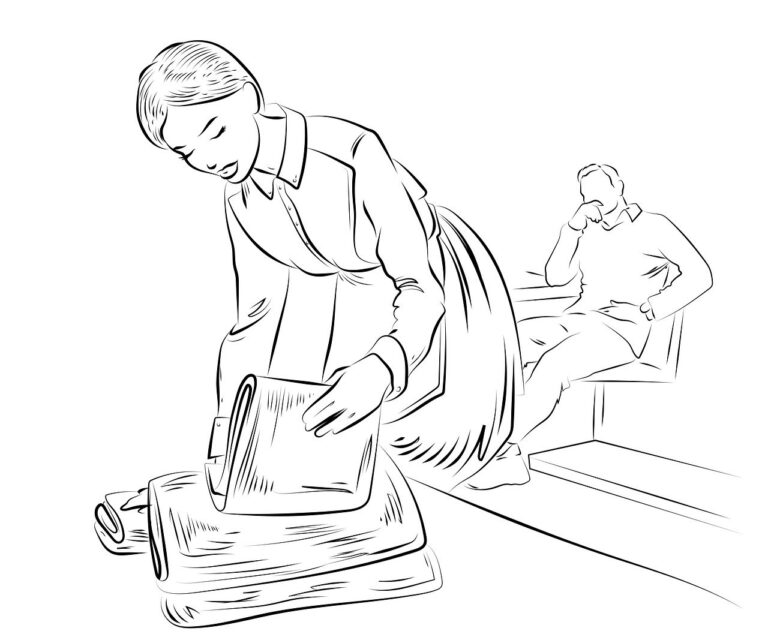What Is the Motherhood Penalty?
The motherhood penalty refers to the disadvantages women face in their careers after having children. These include slower promotions, lower pay, and fewer opportunities, simply because employers assume mothers are less committed to their jobs.
Why Does the Motherhood Penalty Happen?
The penalty exists due to:
- Biases: Employers often assume mothers will take more time off or be less available.
- Career Breaks: Many women take time off to care for their children, and returning can be challenging.
- Workplace Culture: A lack of family-friendly policies makes balancing work and motherhood harder.
How Does It Affect Women?
The motherhood penalty impacts women in many ways:
- Financial Costs: Lower pay over time means a smaller lifetime income.
- Missed Opportunities: Women may be passed over for promotions.
- Mental Health: Balancing work and family responsibilities can lead to stress and burnout.
Breaking the Stereotypes
- Not All Mothers Prioritize Family Over Work: Many mothers are equally, if not more, committed to their careers.
- Work Doesn’t Stop Post-Children: With supportive policies, mothers can balance both work and family effectively.
Solutions for the Motherhood Penalty
- Flexible Work Policies: Companies can allow remote work or flexible hours.
- Affordable Childcare: Employers can support parents with daycare facilities.
- Evaluating Performance Fairly: Judging employees based on results, not assumptions about family life, is key.




